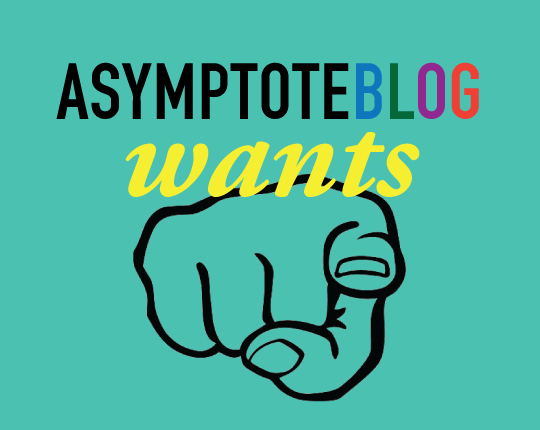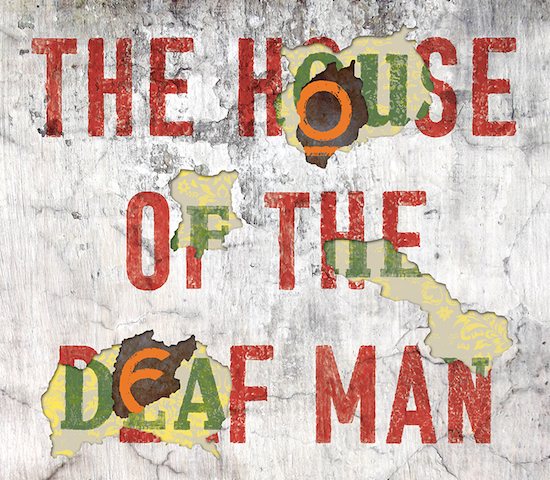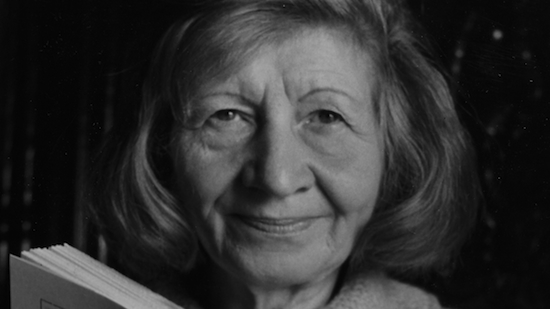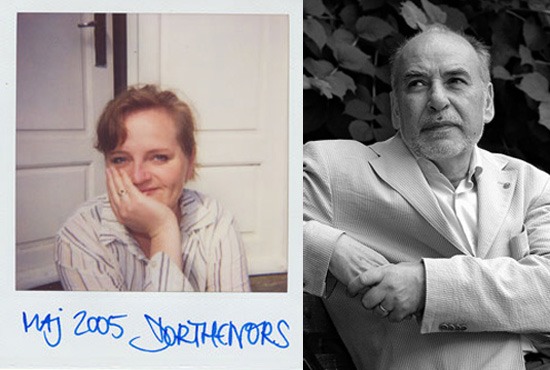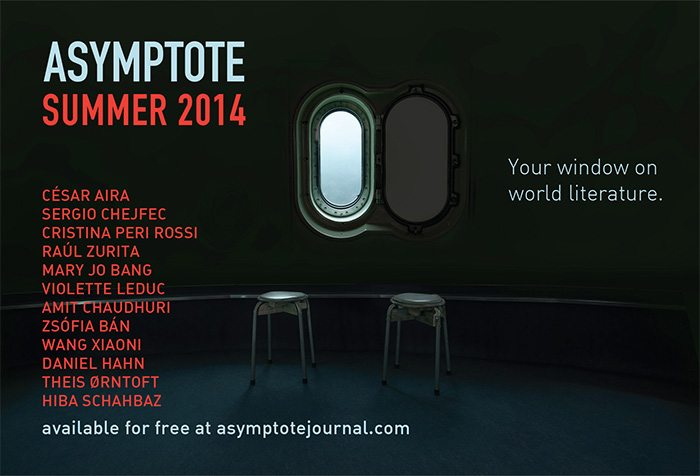To imagine the Great Leap Forward—an event that began as a febrile dream and ended as an apocalyptic nightmare—tests the limits of the lucid consciousness. In late 1957, Mao Zedong declared that China could “surpass the UK and catch up to the US” through backyard steel furnaces, experimental agricultural practices, and sheer force of will. Village officials vied with each other to promise impossibly high crop yields; newspapers printed staged photos of experimental rice fields planted so densely that they could support the weight of children. Now it’s hard to understand how anyone sincerely believed, or even pretended to believe, that such outcomes were possible. When famine hit in 1958, the crisis was compounded by an unwillingness on the part of the government to admit failure to Mao or to the citizenry. As a result, China exported grain while millions—anywhere between twenty to forty million between 1959 and 1961—starved to death. We may never know the true death toll, as the Great Famine is more taboo a topic in China than even the atrocities of the Cultural Revolution: where responsibility for the Cultural Revolution can be safely foisted onto a group of extremists, the Great Famine is the original sin of the People’s Republic. The Communist Party has therefore consistently sought to efface from public memory the realities of the most lethal famine in human history.
Posts by Eva Richter
New in Translation: March 2015
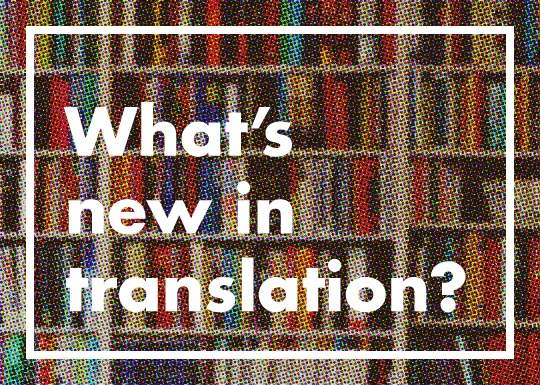
Yan Lianke's The Four Books, Boris and Arkady Strugatsky's The Dead Mountaineer's Inn, and Addendum to a Photo Album by Vladislav Otroshenko
The Latest from Our Editors & Contributors
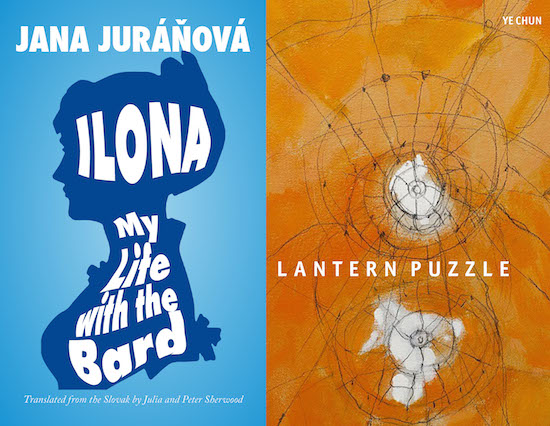
Updates from Asymptote’s international team: new publications, plays, and exhibitions for the curious reader!
Past contributor Aya Ogawa is proud to see her play Ludic Proxy near its world premiere at New York’s The Play Company. Each act of this multi-media play centers around a distinct story: Act 1, in the past, takes place in Chernobyl; Act 2, in the present, is about Fukushima; and Act 3 takes viewers to the future. The play explores our relationship to technology and is a “beautiful, haunting and magical piece that pulls you into uncharted territory where memory, fantasy and virtual reality swirl together.” First previews begin April 1, and the not-to-be-missed play runs until May 2 at WalkerSpace in TriBeCa, 46 Walker St, NYC.
“The surreal atmosphere of Self-Portrait in Green began to create disturbances in my own reality,” writes assistant editor Erin Gilbert in her review of Marie NDiaye’s obsessive memoir, now up on Brevity. She also has a poem in Issue 13 of Structo.
Editor-at-large for Slovakia Julia Sherwood saw her and Peter Sherwood’s translation of Ilona: My Life with the Bard published by Calypso Editions. The duo deliver a “superb translation [that] renders faithfully the sense of a woman’s world around the nostalgic period of the fin de siècle,” according to Martin Votruba of the University of Pittsburgh—just one bit of the extensive praise that Jana Juráňová’s novel-in-English-translation has received.
Publisher Profile: Ariadne Press
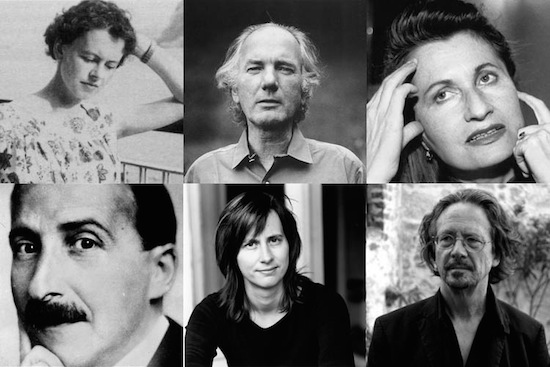
Karl Johns and Jorun Johns of Ariadne Press on Austrian literature in translation
Ariadne Press has been publishing translated Austrian literature since 1988 from Riverside, California. Their 260 titles range from exciting new fiction to autobiographies, pioneering critical work, and plays, on diverse subjects from Nazism to science fiction to music and humor. I spoke with editor Karl Johns and founding editor Jorun Johns on the phone about Ariadne, Austria’s modern literary masters, and the intersection of Vienna and California.
***
Eva Richter: How did Ariadne Press start?
Karl Johns: That’s interesting, how everything starts. The International Arthur Schnitzler Research Association was founded in 1962 to celebrate the 100th birthday of Arthur Schnitzler. When all the German-language refugees came to the United States, California was actually the second most popular goal after New York, in spite of the fact that the Midwest and Chicago already had German speakers and German newspapers and all that. So there were a lot of people in California and Los Angeles. Many of these people survived as psychoanalysts. They were the ones who were most prosperous, maybe. Some of them were the admirers of Arthur Schnitzler, and that’s how that was started, and that led to the journal, which became more and more general, not just Arthur Schnitzler but all of Austrian literature, and it was called Modern Austrian Literature. My mother, Jorun Johns, was one of the editors of that. It sort of grew, and it became the standard place for people to publish articles about modern Austrian authors.
The logical thing was that these people needed to publish books for their academic credentials. And it’s always difficult to find a publisher! So my mother founded Ariadne together with two colleagues, Donald Daviau at UC Riverside and Richard Lawson at San Diego State University. The first book they published was the memoir of Leon Askin, who had begun as an actor in Vienna and emigrated. Since then, Ariadne has put out 260 titles, and we have a number in the pipeline, including Shaking the Empire: Shaking Patriarchy, an anthology of feminist writings from Eastern European languages. All our books are translated into English, with one exception, and the idea is to make Austrian literature, authors, and studies of them available to the English-speaking audience. The Library of Congress does not distinguish Austria from Germany, but it really is a separate tradition.
For all you graphic novel (in translation!) fans: contributing editor Adrian Nathan West translated A Human Act, about the Second Mafia War, by Manfredi Giffone, Fabrizio Longo, and Alessandro Parodi for Words Without Borders. And in Brouillon, he discusses the challenges of translating alliteration in Pere Gimferrer’s Fortuny; in this case, his search through the Oxford English Dictionary leads him to “Vauntmure,” “a beautiful, obsolete word” and a type of fortification wall.
Transaction Press has just published past contributor John Taylor’s collection of essays A Little Tour through European Poetry. It follows John Taylor’s earlier volume Into the Heart of European Poetry and discusses a great number of translations, including poetry from the Czech Republic, Denmark, Lithuania, Albania, Romania, Turkey, and Portugal. It even presents an important poet born in the Chuvash Republic—not to be missed!
In November, Joshua Craze, nonfiction editor, published an excerpt from his forthcoming novel, Redacted Mind, with New York’s New Museum as part of its center for translation. The center previously hosted another book project of his, How To Do Things Without Words. In his introduction to Craze’s work, Omar Berrada, co-director of Dar Al-Ma’mûn, said, “In most cases, looking for whatever text lies behind the redactions is bound to fail. Instead, Craze proposes to examine what the redaction performs. Rather than uncovering the secret beneath the mask, understanding depends on looking closely at the surface itself. It is an art of description, of listening to surfaces.”
New in Translation: November 2014

Wolfgang Koeppen’s Youth, Vietnamese poetry by Nguyen Phan Que Mai, and Melania G. Mazzucco’s Limbo
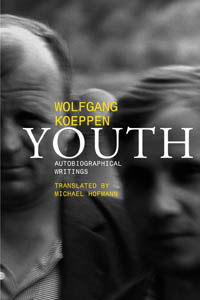 The strength of Wolfgang Koeppen’s Youth (Jugend), an autobiographical account of the German author’s formation, lies in the small stuff: its sentence constructions, its often-startling words. These sentences can go on endlessly, such as the evocation of its setting that starts the book. After a first, short sentence—“My mother was afraid of snakes”—Koeppen goes on to describe the area of Rosental in one elaborate sentence that continues for the next three pages. This sentence twists and grows, covering furniture, landmarks, food, even the history of the young narrator’s family, until the speaker plunges into a fantastic rant against the place:
The strength of Wolfgang Koeppen’s Youth (Jugend), an autobiographical account of the German author’s formation, lies in the small stuff: its sentence constructions, its often-startling words. These sentences can go on endlessly, such as the evocation of its setting that starts the book. After a first, short sentence—“My mother was afraid of snakes”—Koeppen goes on to describe the area of Rosental in one elaborate sentence that continues for the next three pages. This sentence twists and grows, covering furniture, landmarks, food, even the history of the young narrator’s family, until the speaker plunges into a fantastic rant against the place:
[…] while all around the streets smelled complacently of the anatomy of clinics, the sweat of patients, the horror of the dying, the fear of the examinee and the guilty innocents at the mercy of the prison-warders […] of the vanity of professors, the dead hearts of officials, the frowst of the laws, and then the poverty of the Lange Reihe and the indurated humiliation of the gray school, how I hated the city and wished it consigned to the snakes (5).
Asymptote’s October 2014 Issue–Out Now!
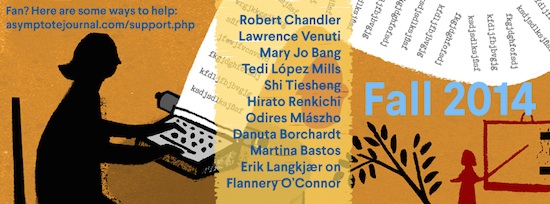
Four highlights from the latest issue, including work by American Mary Jo Bang, Brazilian Paulo Scott, and Taiwanese writer Sabrina Huang
Just in time for Halloween, we welcome the launch of Asymptote’s spookiest, ghouliest issue yet! Featuring an uncanny English-language poetry feature on mythology, major contributions from the likes of Lawrence Venuti and Shi Tiesheng, an embrace of the absurd (rampaging cows, anyone? Or do you prefer a minotaur?), and some phenomenal special features, this latest issue is a must-read—and out now!
We say this every quarter, but it’s impossible (and annoying) to pick absolute favorites. So we (being your loyal blog editors, Eva Richter and Patty Nash), hedge our bets, and have selected two standouts each we really hope you check out. The list isn’t conclusive; feel free to attack our Buzzfed shortsightedness. We’re just happy to be reading.
September News from Asymptote’s Editors and Contributors
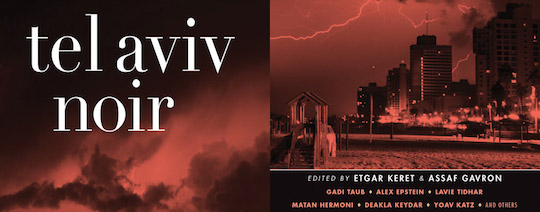
While editing Asymptote’s upcoming October issue, they’ve translated books, written reviews, and won prizes!
Contributing editor Ellen Elias-Bursać saw her translation of the short story “Marilyn Monroe, My Mother,” by Neda Miranda Blažević-Kreitzman, appear in the Buenos Aires Review. In further exciting translation news: Elias-Bursać’s Translating Evidence and Interpreting Testimony at a War Crimes Tribunal is forthcoming from Palgrave Macmillan this February. In it, she discusses translation and interpretation at the International Criminal Court for the Former Yugoslavia at The Hague.
Drama editor Caridad Svich has big happenings in October, including readings and productions across the United States (and in London too!). Check out a full schedule of them all here.
Joshua Craze, nonfiction editor, has just finished a residency at the Dar Al Ma’Mûn in Morocco, where he was a UNESCO-Aschberg Artist Laureate in Creative Writing, working on his novel Redacted Mind. Excerpts from another book project, How To Do Things Without Words, are currently on display at the New Museum in New York, as part of its Temporary Center for Translation. He just finished a Ph.D. in socio-cultural anthropology at the University of California, Berkeley, and has taken a position on the Society of Fellows at the University of Chicago.
What We’re Reading in September

An overlooked comedic work by Thomas Bernhard, ghostly fiction from Israel, and more reasons to read Guadalupe Nettel's latest short stories!
Sophie Hughes (editor-at-large, Mexico): I happen to be reading two collections of short stories that focus on human relationships. Guadalupe Nettel (Mexico City, 1973) is a world-class writer, slowly emerging out of Mexico and just now available in translation. Natural Histories, translated by J. T. Lichtenstein, was published in June by Seven Stories Press in the United States, and you can read a lovely, illuminating, and entertaining piece on the process by Lichtenstein in Asymptote’s July 2014 issue.
Summer News from Asymptote

Plays, data maps, video projects, and book reviews from Asymptote's team of editors and contributors!
Remember Isle-to-Isle? Chief executive assistant Berny Tan and Sher Chew’s collaborative data visualization and experimental reading project based on Jules Verne’s The Mysterious Island? (Now say that three times fast!). Well, the yearlong project is going strong, and the two collaborators reflected on their first five weeks with Mr. Verne in the Parsons Journal for Information Mapping. In this fascinating read, they delve into the trials of imagining the novel in map and diagram form.
For all you D.C. and Austin theatergoers: drama editor Caridad Svich’s Spark will receive its world premiere at theTheater Alliance, Anacostia Playhouse, on September 4–28, 2014, in Washington, D.C., under Colin Hovde’s direction. Likewise, her play Guapa will be produced at the Austin Community College-Rio Grande Campus on September 25–October 5, 2014 in Austin, TX, under Tomas Salas’s direction.
July Issue Spotlight: Sergio Chejfec’s “The Witness”
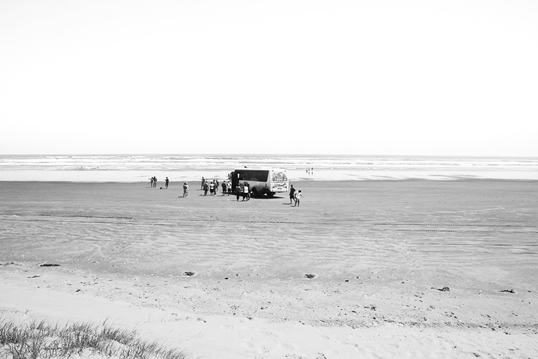
A close look at Sergio Chejfec's masterful not-quite fiction, non-quite essay, "The Witness"
Patty: The phrase “of-the-moment” is so annoyingly trite, but for lack of a better expression, Sergio Chejfec is perhaps one of today’s most of-the-moment writers, and the short fiction/systematic essay-musing “The Witness”—translated by Steve Dolph and published in Asymptote’s July issue as part of our Latin American feature—proves beyond a shadow of a doubt just why that is.
They say, more or less, that anyone who’s made the mistake of leaving can’t make the mistake of returning. READ MORE…
Hot off the e-press: Asymptote’s July issue is now live! The star-studded issue reads like a cool glass of water, and with good reason: the cold-as-ice cover is inspired by Latin America, currently in the dead of winter and the subject of this issue’s special feature.
Highlights in this Latin-American edition include writerly tributes to Osvaldo Lamborghini (by César Aira), Julio Cortázar (by Sergio Chejfec), and Gabriel García Márquez (by the legend’s very own Portuguese translator Eric Nepomuceno), alongside poetry from Chilean prizewinner Rául Zurita and fiction by Uruguayan author Cristina Peri Rossi. We’ve even got a video trailer for them!

